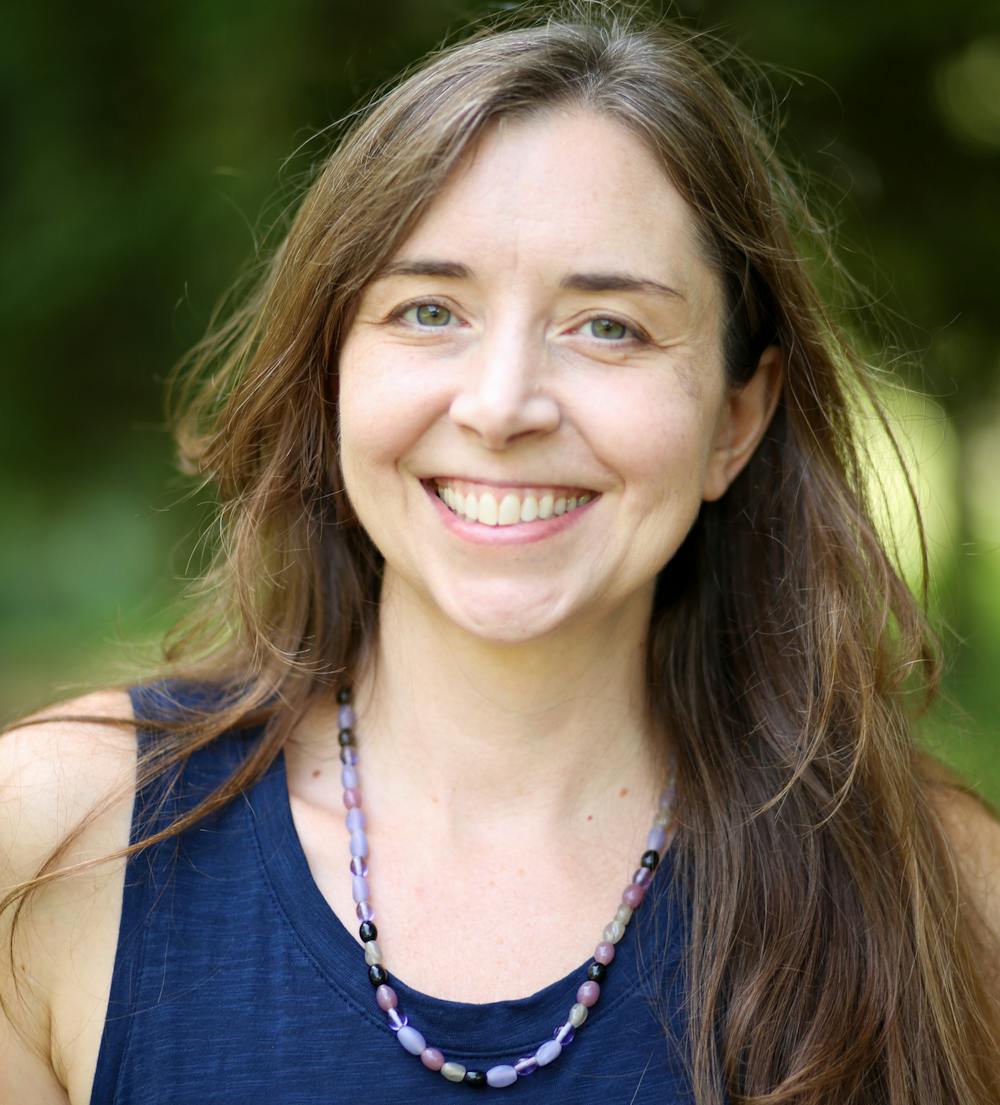For years, Patricia Logan-Greene devoted her time to researching the role of social work in firearm violence prevention.
In her research, Logan-Greene, an associate professor and associate dean for academic affairs at the School of Social Work, found that the profession was not doing enough to address firearm violence.
“There were already a lot of social work practitioners in communities doing violence prevention work, and there were a number of social work researchers who had been studying this problem, especially from the community violence prevention perspective,” Logan-Greene said. “But compared to the energy and productivity that we’re seeing in some other disciplines, we were really lagging.”
As part of the American Academy of Social Work and Social Welfare’s Grand Challenge for Social Work (GCSW) — an initiative that aims to confront 14 of the country’s biggest social issues — Logan-Greene and a few other social work researchers pushed for a new way, or “challenge,” to address the country’s gun violence epidemic.
After the racist mass shooting at the Tops Supermarket in Buffalo’s East Side and the mass shooting at Robb Elementary School in Uvalde, Texas in May 2022, support for the addition of the challenge grew.
Last November, the GCSW officially announced its 14th challenge — the Grand Challenge to Prevent Gun Violence. When Logan-Greene first learned of the new initiative in an email, she decided to take action.
“I’m a parent, and I worry about my kids everyday,” Logan-Greene said. “And they’re even at lower risk compared to our Black and brown communities that are hardest hit by gun violence.”
Logan-Greene joined two other social work researchers from the University of Chicago and New York University to co-lead the challenge. Following the footsteps of the original 12 challenges, the three will collaborate with academics and elevate research that can help frontline practitioners confront gun violence. During the fall, the team organized their first summit at the University of Chicago, where they collaborated with over 30 social work researchers to draft a research policy and practice agenda.
As of today, the co-leads are in the formation stage, recruiting more leaders and developing a working structure for the initiative. At the same time, they are engaged in active research projects on how to prevent and respond to firearm violence.
Firearm injuries were the leading cause of death for children and teens between the ages of 1 and 19 in 2020 and 2021, according to the Centers for Disease Control and Prevention (CDC). Logan-Greene noted that the decrease in motor vehicle fatalities among children is one of the reasons behind this statistic.
“If you look at all public health efforts that have been done to reduce motor vehicle deaths, you’ll see that a lot of them were successful,” Logan-Greene said. “Conversely, the public health campaigns against firearm violence have not been as successful, so those deaths are going up. So, we as a society are choosing not to engage in public health efforts to reduce firearm violence.”
Logan-Greene says social workers are in a unique position to help reduce firearm violence due to their existing roles and responsibilities. Since social workers are trained in violence reduction, she believes that additional training in gun violence prevention is a logical step forward.
“We all have a role to play here,” Logan-Greene said. “Social workers work with the most vulnerable members of society, which to a large extent means those who are at risk of firearm violence, inclusive of victimization, perpetration and suicide.”
In 2021, 48,830 people died from firearm-related injuries, 54% of which were suicides, according to the Pew Research Center’s analysis of data from the CDC.
Logan-Greene says social workers can play a role in preventing clients who are displaying risks of violence from accessing firearms to harm themselves or others. This includes talking to the client about whether it’s safe to have a firearm in the home or if the firearm should be stored more safely. Social workers can also be there for individuals and communities living through the aftermath of gun violence.
“Every victim of gun violence is embedded in a community, in a family, in a workplace, and their death or even significant injury has a ripple effect to those communities,” Logan-Greene said. “Every person who survives a gunshot may experience physical health problems, mental health problems — and some of those are going to be lifelong debilitating.”
Jason Tsoi is an assistant features editor and can be reached at jason.tsoi@ubspectrum.com

Jason Tsoi is an assistant features editor at The Spectrum. He is an English major with a certificate in journalism. During his free time, he can be found listening to music and watching films.





